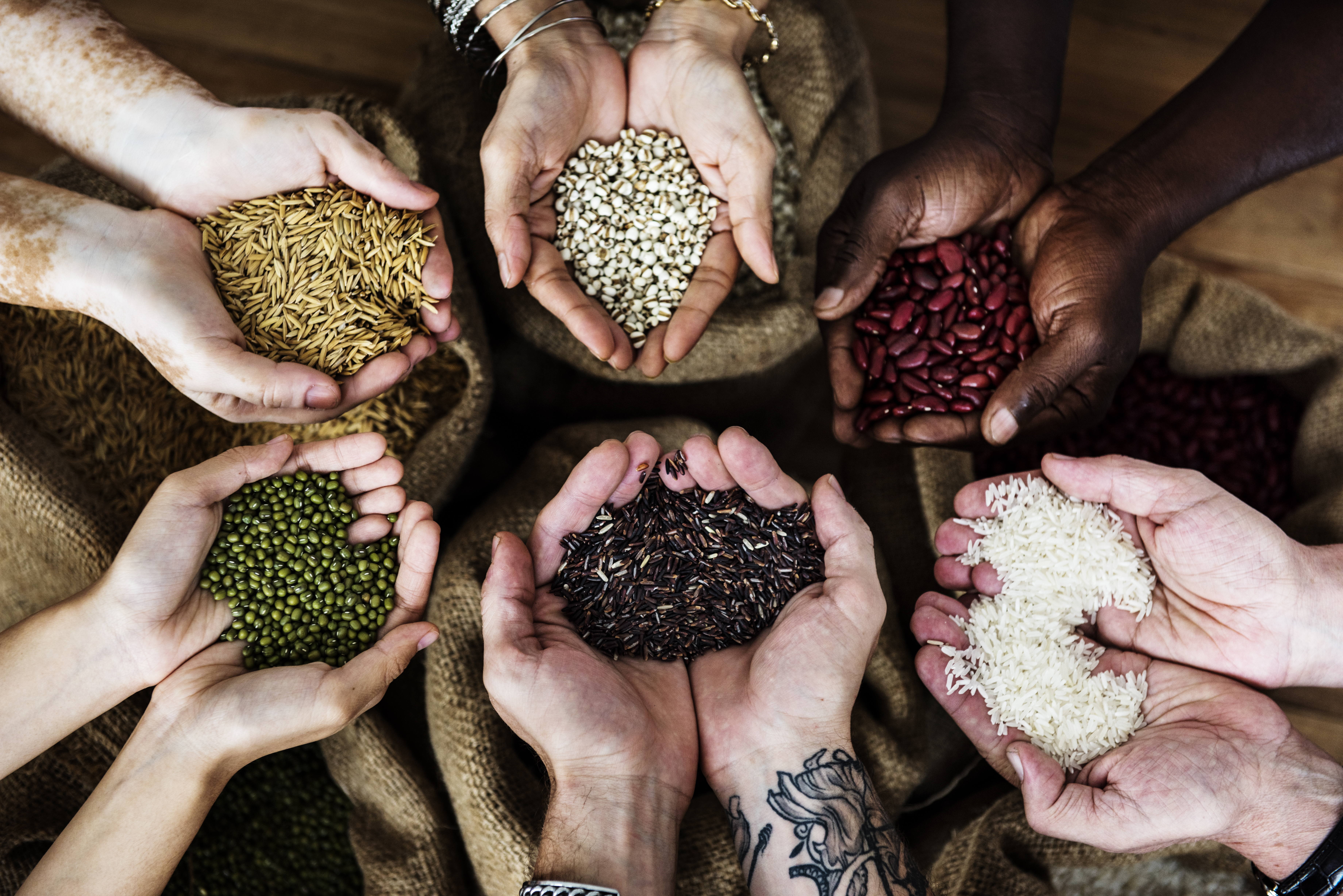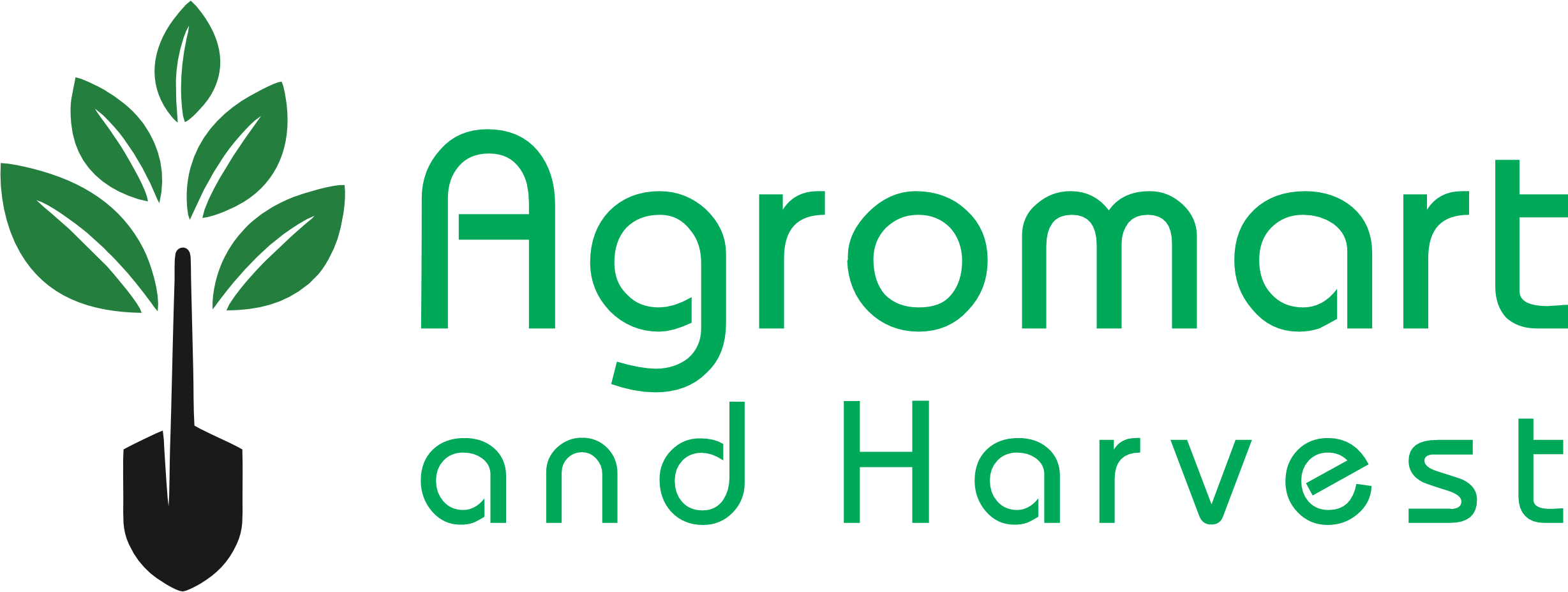Seeds: The Foundation of Successful Farming
Seeds are the fundamental building blocks of all agricultural production. As the starting point for all crops, the type, quality, and handling of seeds directly impact the productivity and sustainability of farms. Choosing the right seed variety for the specific needs of your farm is crucial for ensuring healthy growth, high yields, and a sustainable farming practice.
The Role of Seeds in Agriculture
Seeds are a plant’s reproductive unit, containing the genetic material needed for the growth of a new plant. They carry the potential to develop into a mature plant capable of producing food, fiber, or fuel. The quality of the seed is essential to the overall health of the crop. High-quality seeds ensure faster germination, better resistance to diseases, and higher productivity.
The Importance of Seed Quality
Not all seeds are created equal. The quality of seeds is essential to achieving the best possible yields and the health of your crops. High-quality seeds are typically free from diseases, have higher germination rates, and are genetically optimized for specific growing conditions. In contrast, low-quality seeds may produce weak plants, result in poor yields, and increase the need for pesticides and fertilizers. Ensuring seed quality involves careful handling, proper storage, and selecting seeds that are certified by reliable sources.
Seed Treatment and Protection
Once the seeds are chosen, proper treatment and protection are essential to ensure healthy growth. Seed treatments include processes like coating seeds with beneficial microorganisms, fungicides, or insecticides to protect them from early-stage pests or diseases. Protecting seeds from environmental factors like moisture and extreme temperatures is also critical to maintaining seed viability.

Access Expert Advice
Connect with our experienced agricultural consultants who provide personalized guidance, helping you make informed decisions to enhance your farming practices.

Explore High-Quality Products
Browse our wide range of premium agricultural products, from seeds to equipment, designed to support your farm's success and sustainability.

The future of seed technology is focused on improving the resilience and sustainability of crops. Research and development in genetic engineering, precision agriculture, and biotechnology are paving the way for more robust seeds that can withstand climate change, pests, and diseases. The development of genetically modified (GM) seeds and CRISPR technology holds great promise in helping farmers adapt to changing environmental conditions and increase global food production.
Seeds are much more than just a starting point for plants; they are a vital part of ensuring food security, improving soil health, and supporting sustainable farming practices. Whether you are a large-scale farmer or a home gardener, understanding the different types of seeds and choosing the right ones for your needs is key to success. By selecting high-quality seeds and following proper agricultural practices, farmers can ensure better yields, healthier crops, and a sustainable future for agriculture.

